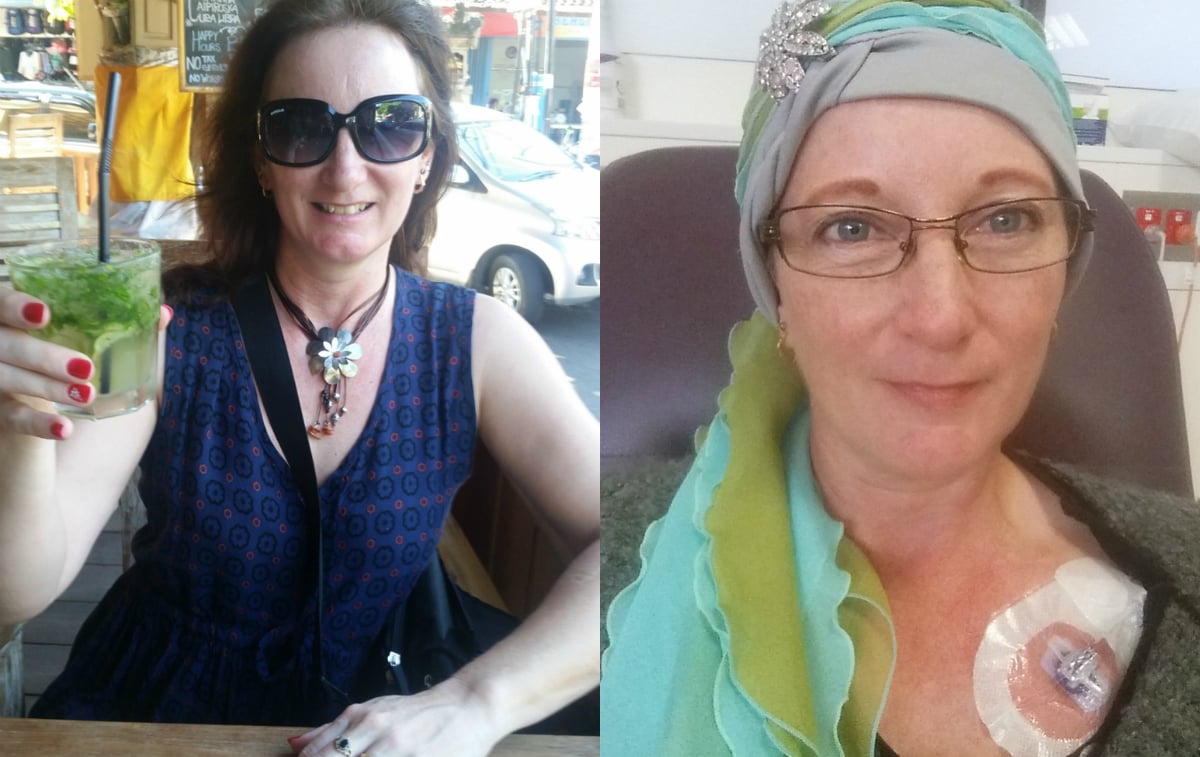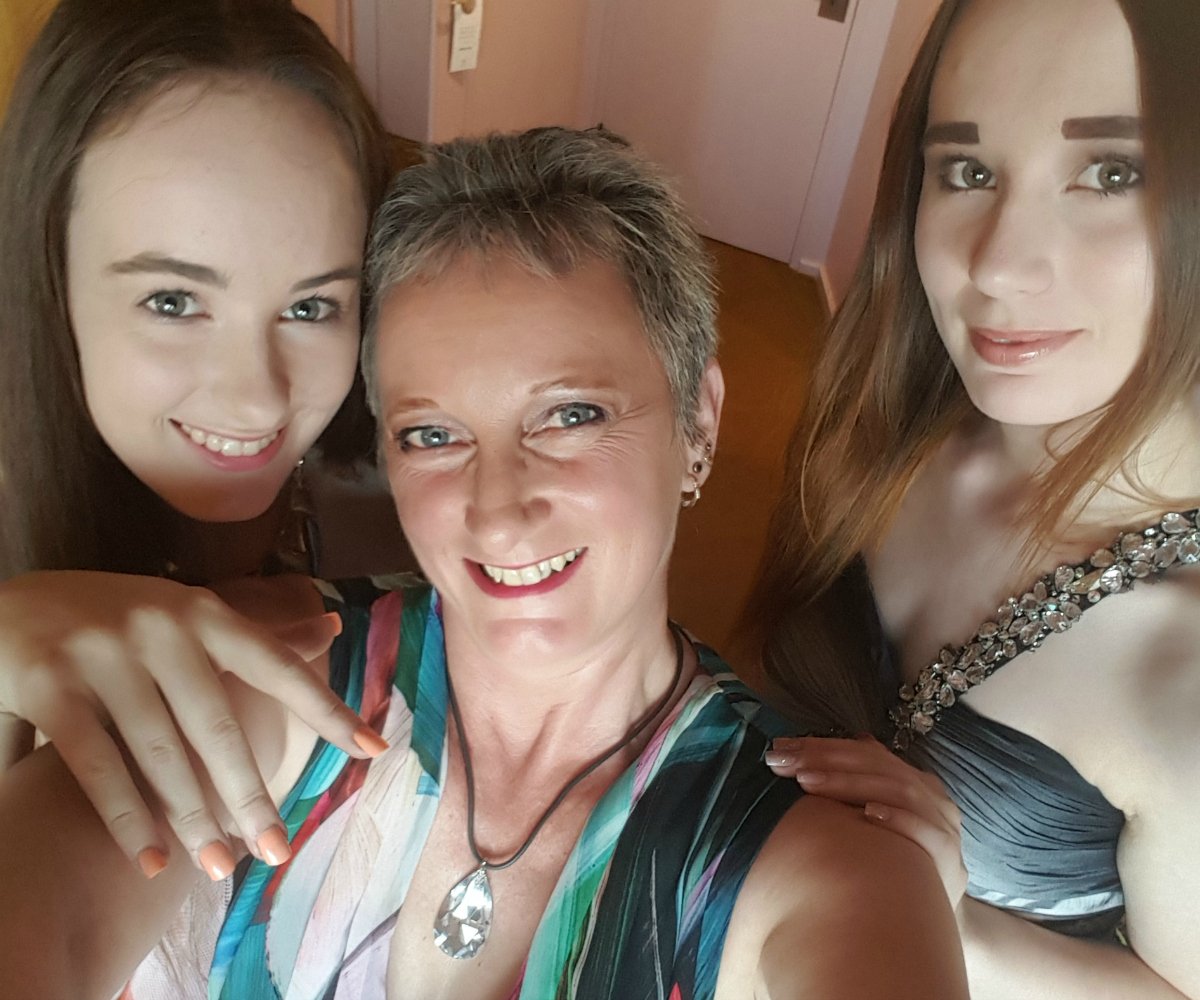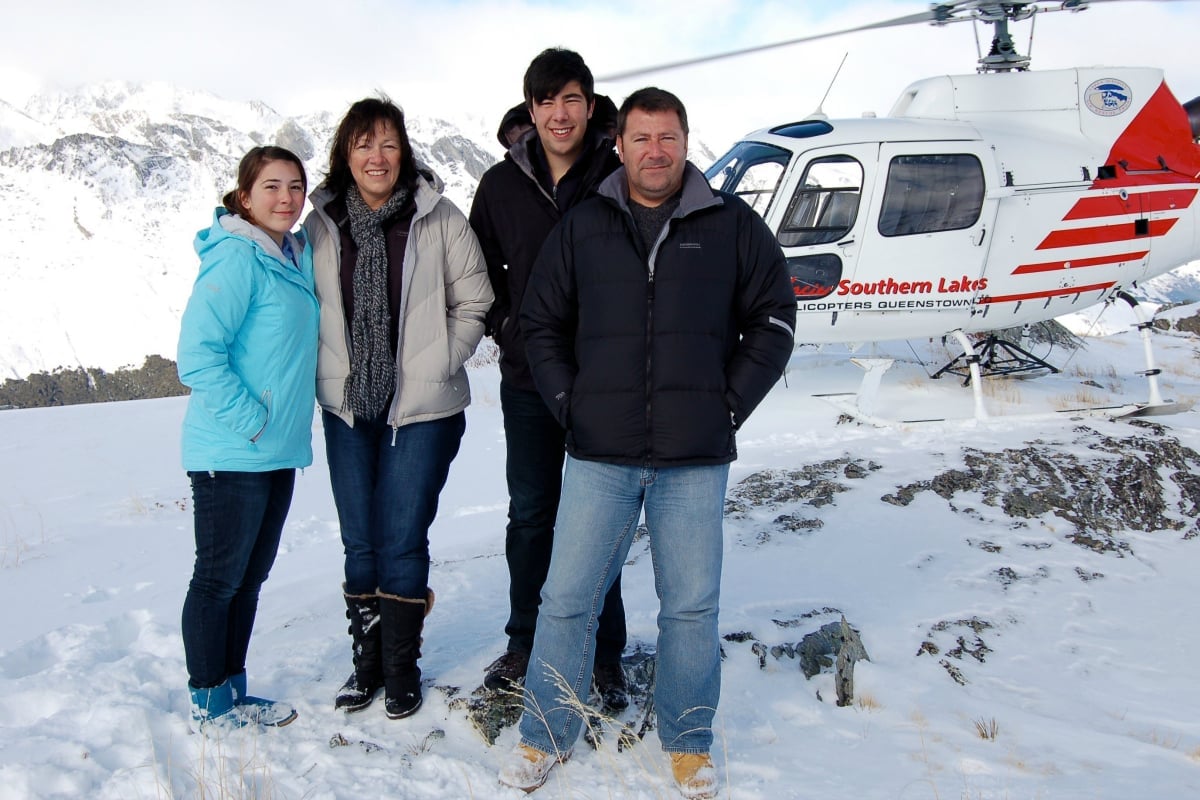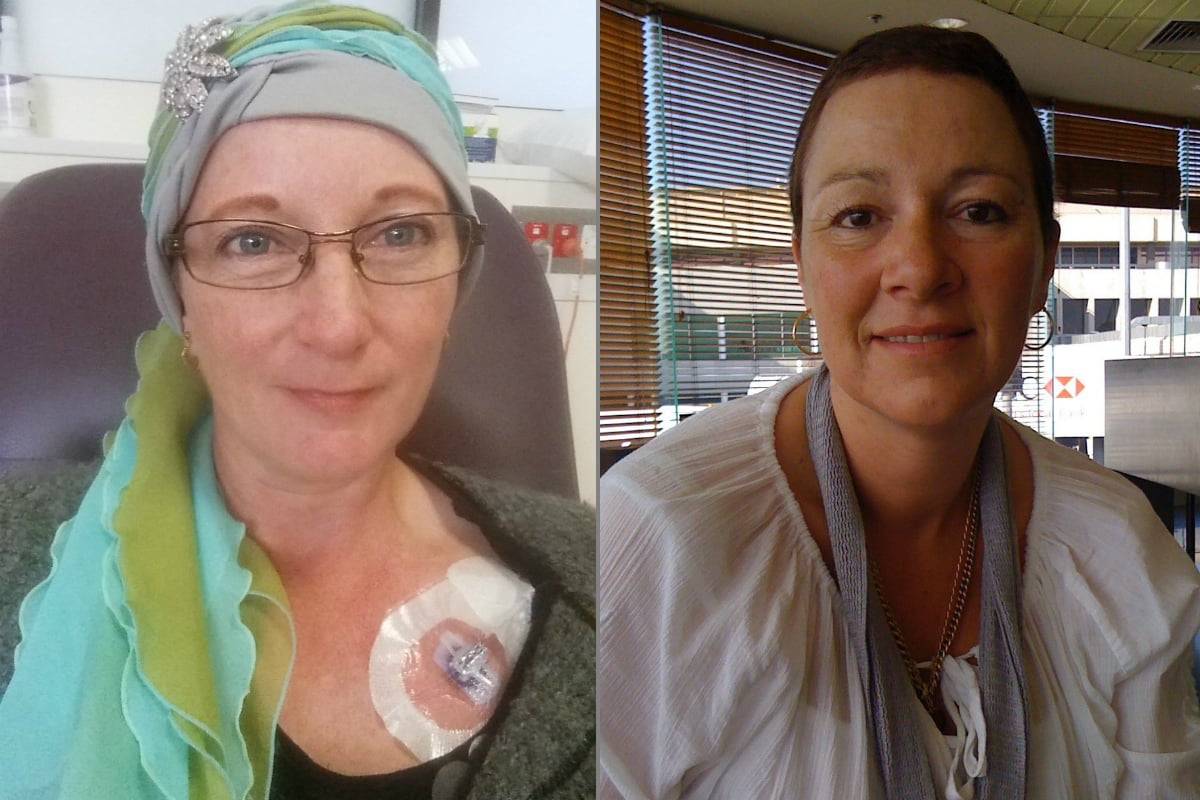
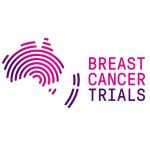
What would you say to the person that has participated in research that will prevent your cancer from coming back? For Lisa Bird, it’s a profound ‘thank you’.
Lisa was diagnosed with breast cancer at the age of 47 and was about to go on holiday to Bali when she noticed a lump on her right breast, which seemed to have come out of nowhere.
“I have had regular mammograms since turning 45 and the last one earlier in the year was clear. I was very concerned but decided to continue my plans for travelling to Bali without telling anyone, as I felt the need to process it and I secretly hoped it would shrink. I suppose upon reflection it was a bit of a head-in-the-sand reaction. I went straight to the doctor upon my return home,” Lisa said.
